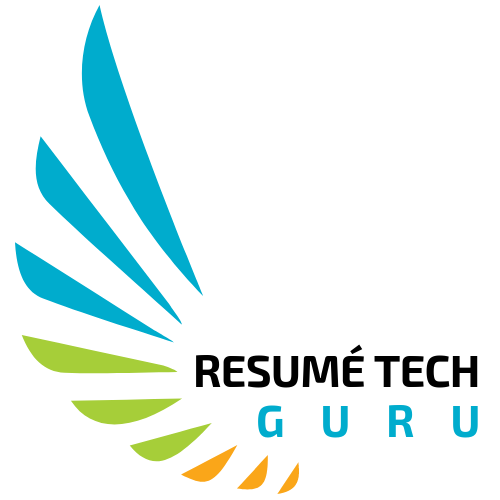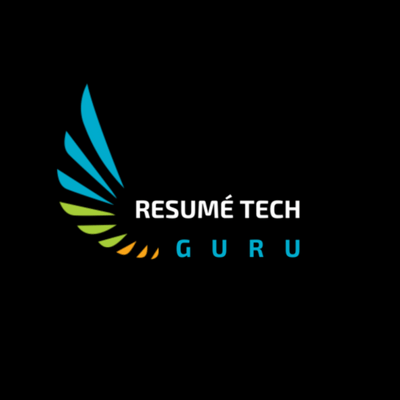What do the following tech entrepreneurs have in common?
- Microsoft – Paul Allen
- Dell – Michael Dell
- Apple – Steve Jobs
- Oracle – Larry Ellison
- Spotify – Daniel Ek
They attained Rockstar billion-dollar business success without a college degree.
Many of my extraordinarily successful executive clients who have worked at IBM and Microsoft dropped out of college. Interestingly, none of them were born in the US.
According to 2019 US Census Bureau statistics, only 22.5% of the population age 25 and older finished four years of college.
While some folks have college insecurity, my observation is career success ties to intellect coupled with what I consider street smarts.
Street smarts provide a different set of skills than academics. The latter, you learn through formal education a ton of information that you most likely will never apply.
I learned street smarts within the past 5 years of living in downtown Seattle. The top 2 are don’t paddle board on the weekend at Lake Union (wake ignorant boat captains) or go to Pike Place Market on Friday afternoon (oblivious tourists and armed drug dealers). I didn’t learn water smarts nor street smarts in any academic coursework at University of Texas at Austin. Heck, you couldn’t even SUP on Lady Bird Lake back then.
What Are Street Smarts?
According to Collins Dictionary, “You can use street smarts to refer to the skills and intelligence people need to be successful in difficult situations, especially in a city.”
Street smarts have a negative connotation. I beg to differ since I needed street smarts, in the literal sense, moving from a home in the suburbs to a high-rise condo in downtown Seattle.
Although I was born in downtown San Francisco, most of my upbringing and career transpired in a picturesque house with a fence in the ‘burbs of metropolitan cities and rural towns of California, Texas, Kansas, and Washington.
Fast forward to 2015. Street smarts were required to navigate the Seattle tourists and crazy when walking to work. I encountered people with mental health issues speaking to their demons, angry or distracted drivers in cars, bikes, or scooters, and intimidation profilers spewing platitudes based upon my gender, age, and race.
After a couple of scary moments and near misses, I learned the following, which equally apply to your career.
- Preparation – what to wear or not wear, specifically wearing shoes to be able to run
- Kindness – how to give, whether to lend a helping hand, smile, or money
- Negotiation – what to say or, more importantly, what not to say to an angry or mentally challenged person
It brings me to how I think you might approach your job search — with street smarts wisdom. The above 3 concepts aided me throughout my career at Fortune 500 companies.
Job Search Street Savvy
“Figuring out how to do something before you go too far wrong” — Pat Montanino, entrepreneur
Most of my executive clients navigate towards me when they’re at a career crossroads. Based in Seattle, the majority have worked at Microsoft for over a decade. Fortunately, they were routinely tapped on the shoulder for their next internal role, so neither a resume nor job search strategy was relevant.
Where to begin now? In my mind, it’s similar to navigating the streets of downtown Seattle.
Preparation
In my consulting business, I’ve tried many things and failed to reach out to potential clients. Failure examples for my business appear below, yours certainly are different:
- Google business ads don’t drive customers to my website
- Instagram isn’t where the majority of my clients’ hangout, but I post about my 3 passions — career strategy, food, and global travel
- LinkedIn articles receive fewer eyeballs vs. a post. Did you know they throttle your distribution even to your 1st-degree connections?
- Clubhouse, oy vey
If your job search is an epic failure, going to “Nowheresville,” time to adapt for hiring managers’ eyeballs. You need to prepare and set the stage.
- Network: According to Career Pivot, referrals have a 50% shot of getting an interview, whereas, for non-referrals, that drops to just 3%. Be that referral.
- Blog: Yes, start posting or writing articles on LinkedIn. If I can do it, you can too.
- Personal website: I have several clients with a non-business website that blend their thoughts on tech trends and their passion projects. I love a passion project.
- Resumé & LinkedIn profile: If you make between $250K-$1MM in annual compensation, you can afford a second opinion on your efforts. By all means, seek an advisor for your resume and LinkedIn profile. Ask a friend for a recommendation or use LinkedIn Pro.
- Interviewing: Some of my clients are exceptionally gifted in this area, while 75% could use a little bit of practice. If you haven’t needed to interview for a job for 5 years, now is the time to get your thoughts in order.
- Create an elevator speech.
- Practice your top 5 success stories related to how you can help the hiring company related to your leadership, tech expertise, collaboration, and overcoming mistakes.
- Develop 10 questions about the hiring company pertaining to their culture, deficiencies, management style, competition, and customer pain points.
Kindness
It’s time to step up to the plate and give back. Join a non-profit board and bring your strategy skills to the table. I’m shocked that over 75% of my executive clients aren’t part of a not-for-profit in any volunteer capacity. Yes, I know it takes time. At Dress for Success in Seattle and Austin, I cut back my volunteer hours as a career advocate from 20 hours in 2019 to 4 hours per month this year. I found a perfect fit for my current schedule by participating as a mentor in their 6-week Path to Employment program.
Negotiation
Most people don’t adeptly handle compensation negotiations. My advice is to find an expert. There are several books and blogs that provide a wealth, pun intended, of information. I strongly advise reaching out to an attorney for startup roles to review employment agreements, especially when it comes to IPO, dissolution, and severance terms. I know a respected executive compensation expert is Kate Dixon, who you can follow or connect with on LinkedIn. She’s active on the Forbes Council as a certified coach. She published a book last year, Pay UP! Unlocking Insider Secrets of Salary Negotiation , which you can purchase on Amazon.
Bottom Line
In the end, street smarts help you elevate your game by navigating the unknown. Go out there and do something bold for your career. You never know what you have to lose or, more importantly, gain in the process.
Land your dream job; you deserve it!



